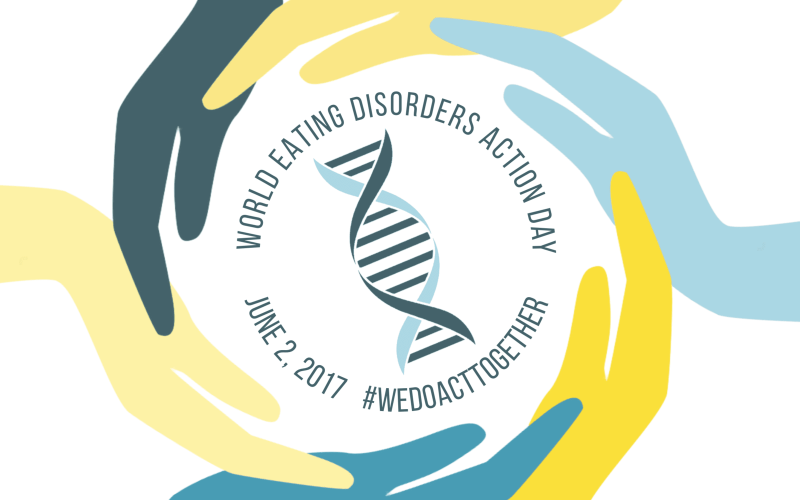There is a multitude of issues that can create barriers to receiving care for an eating disorder in Japan. The first major barrier is lack of public awareness of eating disorders. Most people outside of the medical field are unaware of the signs that they or a loved one is struggling with an eating disorder. If there is awareness about the signs of an eating disorder, the individual or family may not know what to do to get help. There may even be ambivalence toward receiving treatment because of normalization of unhealthy diet trends and encouraging risky eating and exercising behaviors. Moreover, a majority of people feel shame or guilt around needing both professional medical and mental health services.
If a person is able to overcome all of those barriers to engaging in treatment, they may find it very challenging to find a facility that can serve their needs. Currently, Japan has a shortage of treatment facilities and trained specialists for eating disorders. When there are specialists, the patient may have difficulties in accessing sufficient treatment under the current public health system due to waitlists and proximity to care centers.
June 2nd is World Eating Disorders Action Day (http://www.worldeatingdisordersday.org/) and TELL will be one of many organizations across the globe expressing our active position on this important topic via our social media platforms.
TELL will also be participating in a local live event hosted by the Japan Association for Eating Disorders on June 4th (https://www.jafed.jp/pdf/wedad/2017_actionday_a4.pdf) where the eating disorder community in Japan (including affected individuals and carers, supporting professionals, groups and organizations) unite to make a difference.

